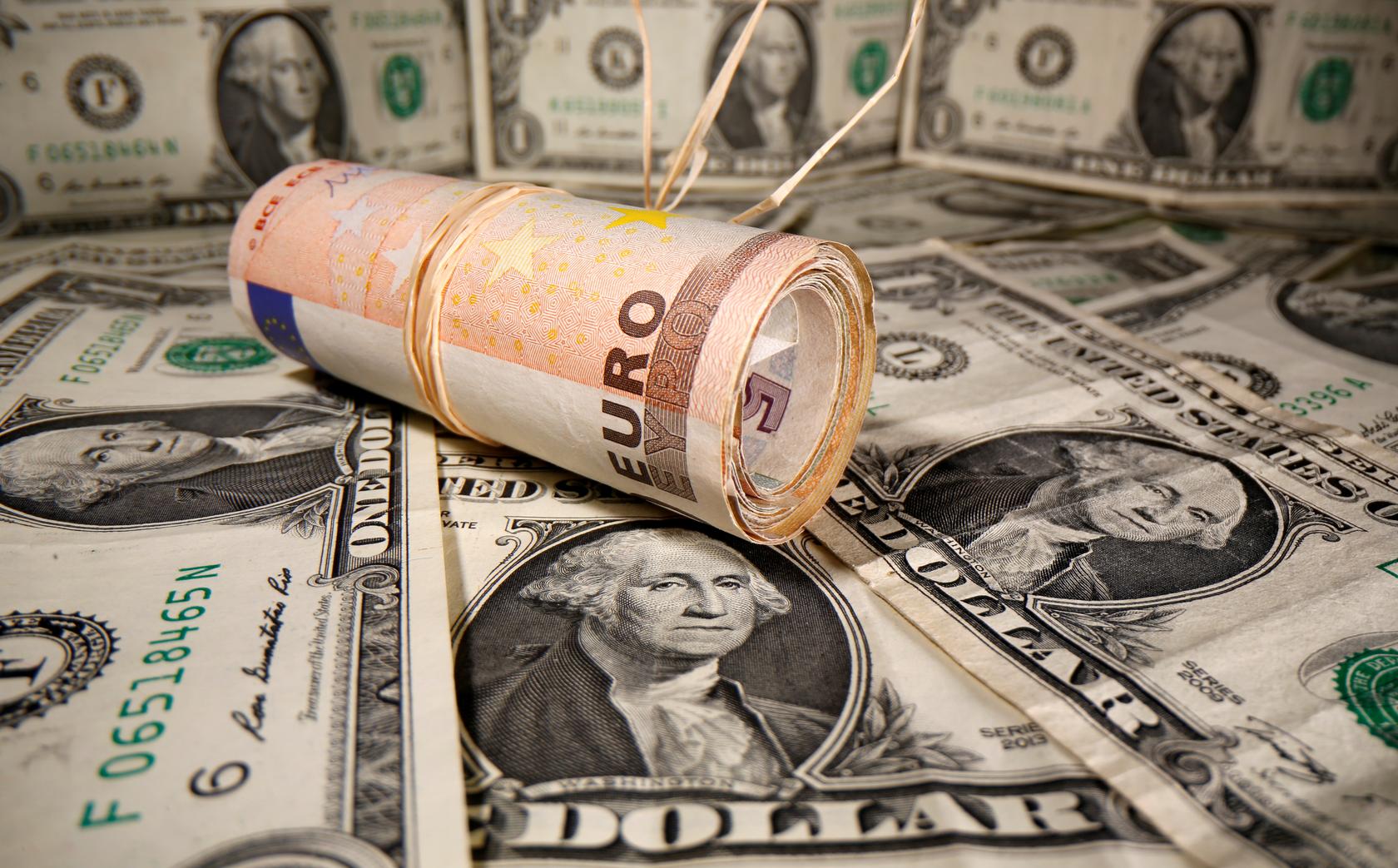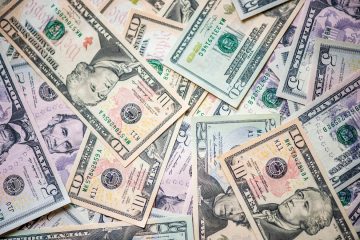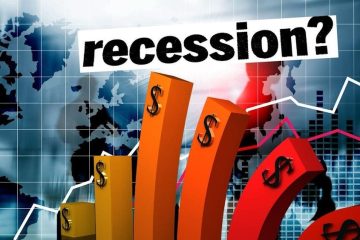Dollar heads for weekly gain as investors weigh rates, recession risks

The dollar was little changed against major peers on Friday, but was on track for its best week in four as investors weighed the boost from tighter Federal Reserve policy and the risks of a U.S. recession.
The dollar index, which measures the currency against six counterparts, inched up 0.07% in Asian trading, after a 0.32% drop overnight when it was undermined by weaker-than-expected consumer spending data.
For the week, it has gained 0.66% in a complex push and pull as fears of a global slowdown burnished the greenback’s appeal due to its haven status. The market will be watching for weakness in U.S. ISM manufacturing figures due later in the day.
“USD sentiment has been deteriorating on the back of rising recession fears, but focusing on U.S. growth in isolation has never been a good way to trade USD,” RBC Capital Markets strategists wrote in a note to clients.
The odds are extremely low of the United States sliding into recession while the rest of the world does not, the strategists said. The dollar and other haven currencies like the yen and Swiss franc would benefit at the expense of commodity currencies and sterling for the duration of a global downturn, they added.
The Fed has lifted the policy rate by 150 basis points since March, with half of that coming last month in the central bank’s biggest hike since 1994. The market is betting on another of the same magnitude at the end of this month.
The European Central Bank is expected to raise interest rates this month for the first time in a decade, although economists are divided on the magnitude of any hike.
Markets will look to euro zone inflation data due later in the day for a better sense of how aggressive the ECB might be.
The euro slipped 0.16% to $1.0469 on Friday, retreating after dollar weakness on Thursday saw it rally 0.39% to come off a two-week low at $1.0381.
For the week, it is down 0.86% with investors judging Europe’s economic predicament to be more precarious than in the United States, compounded by an energy crisis stoked by the war in Ukraine.
The yen was about flat, with one dollar buying 135.77 of the Japanese currency.
Mid-week, the yen dropped to a multi-decade low of 137.00 per dollar as the Fed’s aggressive stance contrasted sharply with the Bank of Japan’s steadfast dovishness.
Since last Friday, the dollar has gained 0.41% against the yen, which would be a fifth weekly gain.
Sterling dropped 0.26% to $.1.21475, reversing Thursday’s 0.45% climb. For the week, it has dropped 1.02%.
The risk-sensitive Australian dollar was also 0.26% lower, changing hands at $0.6885. It has fallen 0.81% this week.
The Reserve Bank of Australia decides policy on Thursday, and markets expect a half point hike to the key rate. But that has not helped Aussie much, which has instead tracked commodity prices lower as the global economic outlook deteriorates.
“We have been arguing for some time for weakness below $0.70, and that we would give this dip time to unfold, especially given widespread stagflationary/recessionary pressures,” Westpac strategists wrote in a note, picking $0.6750 as “the next obvious target” for the currency.



